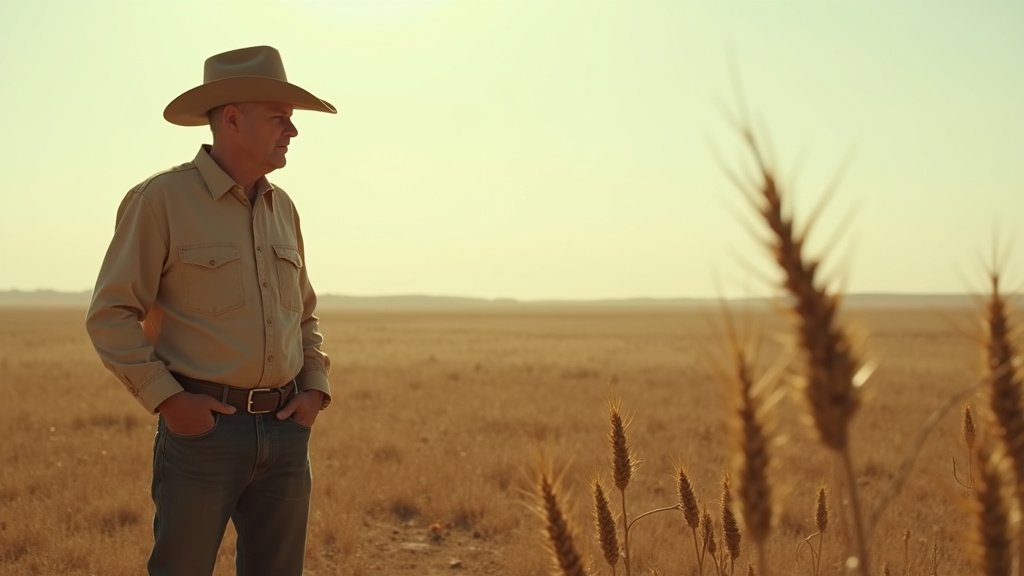A significant new federal ban on hemp products containing THC is poised to deliver a devastating blow to the Texas Hemp Industry, threatening thousands of jobs and hundreds of businesses across the state. The provision, signed into law, dramatically tightens regulations on hemp-derived cannabinoids, imposing a limit of 0.4 milligrams of total THC per container – an amount considered virtually undetectable. This measure effectively closes a loophole created by the 2018 Farm Bill and could criminalize nearly all consumable hemp products nationwide, sending ripples of uncertainty and fear through the current Texas Hemp Industry market and impacting the broader Texas hemp economy.
The Federal Mandate: Redefining Hemp and the Texas Hemp Industry
The congressional action stems from a provision tucked into a larger legislative package aimed at ending a government shutdown. The new law redefines the federal definition of hemp, shifting from the previous standard of less than 0.3% THC by dry weight to the stringent 0.4 milligram per container cap on total THC. This change is designed to address what many lawmakers and officials describe as an unintended consequence of the 2018 Farm Bill, which led to the federal hemp ban discussion. While the bill legalized hemp for industrial and agricultural purposes, it inadvertently opened the door for manufacturers to produce and sell intoxicating hemp-derived products, often indistinguishable from marijuana in their effects, through a wide distribution network including convenience stores and online retailers. Supporters of the ban, including Texas Lt. Gov. Dan Patrick, argue it is a necessary step to protect public health and prevent the marketing of intoxicating products to children. The ban is scheduled to take effect one year after its enactment, providing a brief window for Texas Hemp Industry stakeholders to adapt or lobby for changes, impacting the hemp industry economic impact significantly.
Texas’s Multi-Billion Dollar Hemp Economy Under Threat
For Texas, the implications of this federal decree are particularly stark. The state boasts one of the nation’s most substantial hemp economies, with annual sales generating $5.5 billion and contributing an estimated $10.2 billion to the overall economic activity. This vibrant sector supports approximately 53,300 hemp industry jobs and generates significant tax revenue. Economists warn that the new federal ban could lead to the failure of over 6,350 businesses and the displacement of more than 40,000 workers in Texas alone, severely impacting the Texas Hemp Industry and creating a significant hemp business disruption.
“This is an extinction-level event,” stated economist Beau Whitney, who has extensively analyzed the Texas Hemp Industry’s economic impact. He projects that the ban will result in substantial economic shrinkage and significant losses in tax revenue for the state. Businesses involved in cultivating, manufacturing, distributing, and selling hemp-derived cannabinoids face an existential threat. Asad Shalami, owner of ZAR Wellness, expressed the widespread sentiment: “This bill pretty much kills the industry”. This drastic change impacts the Texas hemp economy severely.
Differing Stances and Legislative Maneuvering within the Texas Hemp Industry
The current legislative action follows a period of intense debate and regulatory shifts at the state level. Earlier this year, Texas businesses successfully navigated an attempt to ban consumable hemp products, as Gov. Greg Abbott vetoed a statewide ban and instead opted for a regulatory approach via executive order. On the federal stage, Texas’s U.S. Senators have demonstrated contrasting views. Senator John Cornyn supported the provision that led to the ban, voting against an amendment that aimed to remove it, while Senator Ted Cruz was one of two Republicans to vote for the amendment, advocating for a state-by-state approach to hemp and marijuana regulation. Cruz argued that a “one-size-fits-all federal standard will undoubtedly create unintended consequences that harm consumers”, a sentiment echoed by many within the Texas Hemp Industry, particularly concerning the hemp product ban.
Industry Reactions and Potential Consequences for the Texas Hemp Industry
The hemp industry and its advocates have reacted with widespread dismay and anger, criticizing the rushed legislative process and warning of severe repercussions. Dwayne Carson, Federal Affairs Director for Hemp Industry and Farmers of America, noted that “the sense of the industry right now is anger, caught off guard”. Industry leaders contend that prohibiting these products could push consumers toward unregulated black markets, potentially posing greater risks than the products themselves. The future of hemp cannabinoid products is uncertain, and the current THC cannabinoid regulations are a major point of contention for the Texas Hemp Industry.
Beyond the direct economic impact, concerns are also raised about the broader agricultural implications for the Texas Hemp Industry. Hemp cultivation is often integrated into crop rotation schedules, and a significant reduction in hemp farming could affect yields of other crops like soy and corn. For consumers, many of whom rely on hemp-derived products for therapeutic or medicinal purposes, the ban represents a loss of access to affordable options, contributing to the overall hemp business disruption.
An Uncertain Future for Texas Hemp
As the federal ban looms, the future of Texas’s $8 billion hemp industry remains precarious. While the one-year delay provides a narrow opportunity for legislative intervention or adaptation, many businesses are already bracing for significant disruption within the Texas Hemp Industry. The current news buzz in Texas reflects a deep anxiety over whether the industry can weather this federal storm, or if the comprehensive crackdown will dismantle a sector that has rapidly grown since its federal legalization in 2018, impacting the Texas hemp economy and its associated hemp industry jobs. The strict adherence to the federal THC limit is a primary driver of this crisis for the Texas Hemp Industry.






